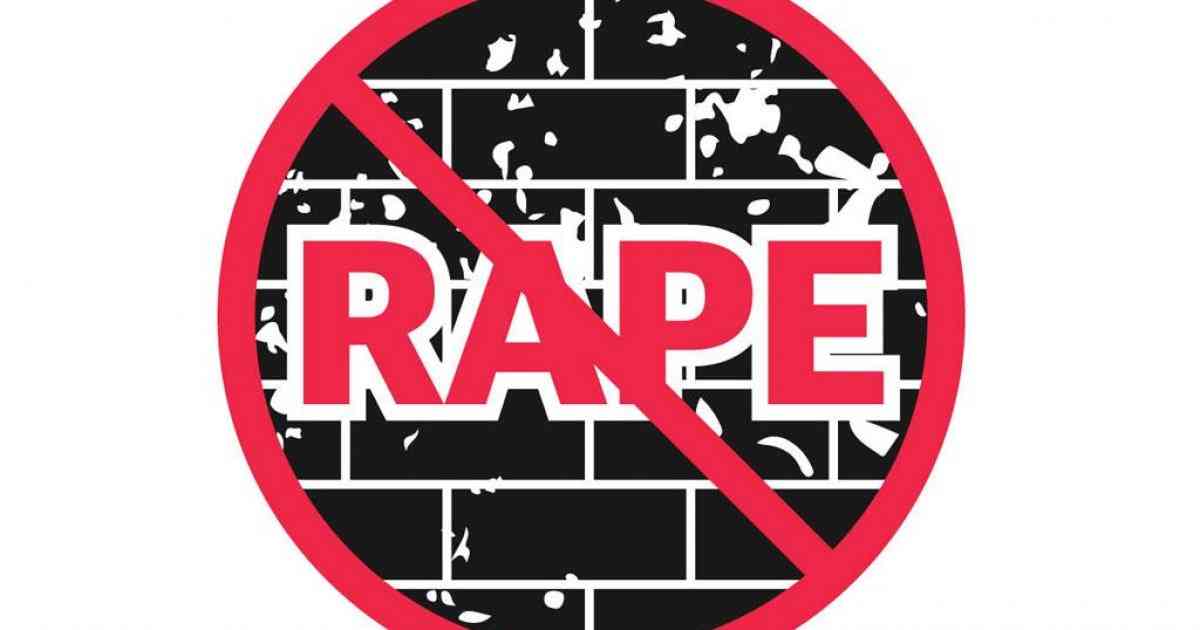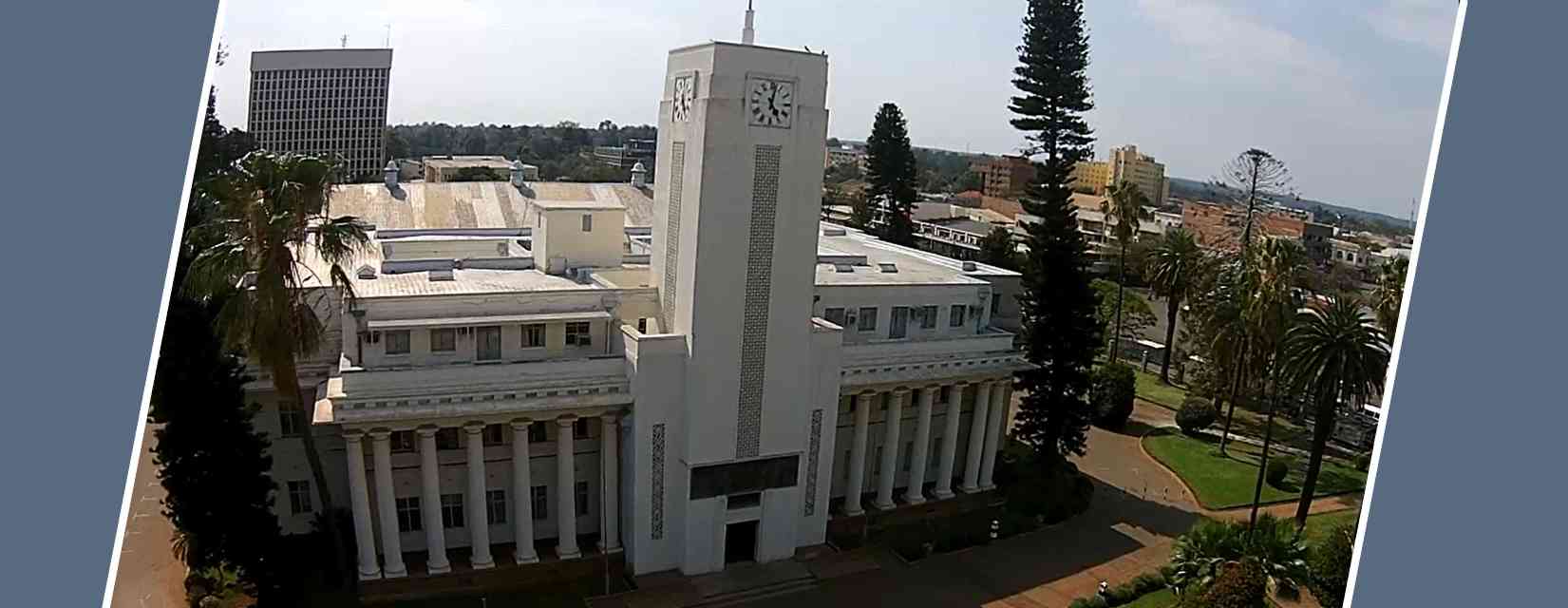
Zimbabwe is facing growing concern over rising teenage pregnancies and unsafe abortions, with many young girls risking their lives due to limited access to reproductive health services and information.
The issue came into focus during the Youth Summit 2025, held in Bulawayo recently under the theme Youth-Driven Initiatives for Equitable Sexual and Reproductive Health and Rights (SRHR) Service Delivery: A Conversation About Access Part 2 – Progress, Accountability and Action.
Participants engaged in group discussions about the challenges and consequences of pregnancy termination among teenage girls.
According to official reports, between 2019 and 2022, Zimbabwe recorded about 350 000 teenage pregnancies, accounting for 21% of all antenatal care bookings during that period.
The 2023–2024 Zimbabwe Demographic and Health Survey also shows that 23% of girls aged 15 to 19 have been pregnant at least once, with rates higher in rural areas (30%) than in urban areas (15%).
A Bulawayo resident, who asked not to be named, said many young girls turn to unsafe methods when trying to end pregnancies.
“These young girls do not understand how dangerous it is to have an unsafe abortion. Most of them are scared to talk to their parents, so they go to people who are not doctors for help,” said the resident.
Experts attribute the problem to poverty, limited sexual education, and inadequate access to contraceptives.
- Youth online course helps fight HIV
- Rwanda MPs oppose contraceptives for 15 year olds
- ‘Pregnancy fuelling teenage deaths’
- Economic meltdown triggers teen pregnancies
Keep Reading
They warn that fear of stigma often drives girls to seek unsafe abortions, with estimates suggesting between 60 000 and 70 000 illegal abortions have taken place in Zimbabwe in recent years.
Another Bulawayo resident said parents and teachers should play a stronger role in guiding young people.
“If we don’t guide them, they will learn the wrong things from friends or social media,” said the resident.
“Some even prefer to keep quiet while the stomach grows, and when a parent finds out, it’s too late to deal with the problem.”
Others called for more public awareness on the dangers of unsafe abortion.
“Ending a pregnancy the wrong way can cause bleeding, infections, or even death. People need to understand that it is better to seek help at a hospital,” said another resident.
Zimbabwe’s Termination of Pregnancy Act, passed in 1977 and effective since 1978, allows abortion only in limited circumstances, when the mother’s life or health is at risk, when the foetus has a severe defect, or when the pregnancy results from rape or incest.
Two doctors must authorise the procedure, which must be carried out in a Ministry of Health-approved hospital.
At the summit, Rumbidzai Mashawiro said urgent action was needed to protect teenage girls from early pregnancies.
“It is sad to see so many teenage pregnancies, and young people need to be educated on how to prevent them. As a community, we should take action to prevent this from happening. We need to protect our young girls and give them hope for a better future,” said Mashawiro.
Many participants agreed that parents, schools, and health professionals must work together to stop teenage pregnancies and promote safer reproductive health practices.
Nkosilathius Mpofu, another resident, said young girls often take extreme risks because they lack accurate information and fear being judged.
“As a community, we need to educate them and give them support instead of judging them,” said Mpofu.
He added that most teenage girls are unaware of safe reproductive health services and end up turning to untrained individuals for help.
“Our young people need love, information, and guidance. If we do not talk to them openly, they will continue to suffer in silence and put their lives at risk. We must create safe spaces where they can ask questions and learn without fear or embarrassment,” said Mpofu.









